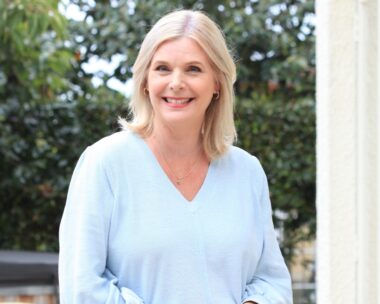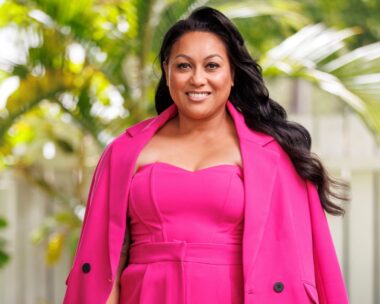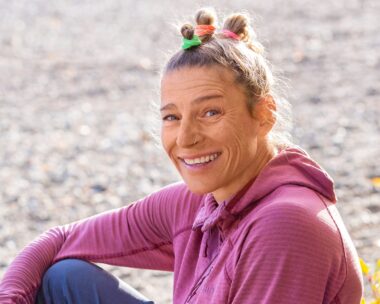Discussed for decades from every angle, in 2015 we’re still not much closer to resolving the free school lunch debate, though several proposed bills on the subject narrowly missed being passed earlier this year.
NEXT asks: Should we provide free lunches for five to seven-year-olds regardless of parental income?
**YES
Rachael Russell NEXT associate editor/Good Health Choices editor**
Yes, but let’s not go down the American route of providing the two most popular lunch options – salt and sugar – and needing Jamie Oliver to swoop in and sort us out. Let’s be innovative and find a way to feed kids food that will nourish their growing brains and bodies, give them the energy they need to learn, and teach them some vital life lessons around food.
At the same time, it would free parents up from the tyranny of trying to get a five-year-old to eat a sandwich, and the temptation to fill lunchboxes with packaged food so they can be sure their kid ate something more than a mandarin all day.
Feeding kids in schools would need to start with funding the creation of a garden in every primary school, and classes that introduce children to the fundamental skill of growing and cooking food. This benefits kids of all backgrounds; the current disconnect from our food source is not limited to any income bracket. Given the opportunity, children that age love to get stuck in; whether it’s plucking carrots out of the ground or whizzing up a smoothie. Now here’s the part where it would get tricky. Allergies will have to be catered for, which will mean providing food free of dairy, egg, wheat, nuts and kiwifruit, to name a few. Plus a vegetarian option for those ethically opposed to meat. Speaking of meat, what about paleo?
It’s increasingly common to see parents extending their own dietary regimes to their kids. These days parents turn up to birthday parties with a list of instructions about what little Sophie and Emma can’t eat, so they’re definitely going to care about what’s going on the lunch tray. But it’s got to be possible to cater to the majority, and let those with eating restrictions opt out. And while it should definitely be free to ensure the very vulnerable are fed, I’m sure the parents who could afford it would gladly donate time and/or money to make it happen.
**NO
Julie Chapman CEO and founder of charity Kids Can**
My view is we should not adopt any system where all Kiwi school children are fed free lunches as part of a state-funded and controlled universal programme. What we should continue to do is provide community-funded support for just those families struggling to make ends meet because of circumstances beyond their control.
A central government programme providing lunches in all schools will inevitably become costly and cumbersome, with the overall expense imposed on taxpayers greatly outweighing any benefits.
Indeed, one effect would be to increase the tax burden on the poor to provide free lunches for children of the rich.
Not all kids need additional food and we should focus our efforts on supporting those that do, not overriding the rights and responsibilities of the vast majority of parents who can and do want to control the diets of their own children.
State-provided standard meals can never meet the vast variations in tastes and needs of our diverse communities, which are now made up of children from several hundred ethnic and cultural backgrounds. So there could likely be significant wastage of food as children reject the state-funded lunches and opt for alternatives.
Our work over 10 years has shown that providing a source of food for those who do need it works much more effectively than any universal programme.
There is no evidence of any stigma associated with our Food for Kids programme, which our user schools can implement in the way that best fits their school culture.
We are now assisting 500 lower decile schools and on average 23% of children need the Food for Kids programme. This means that around 80% of our children across the country are being more than adequately fed by their own families.




